According to the Iowa Department of Education, Section 504 of the Rehabilitation Act of 1973 declares that schools “sets minimum standards for providing related services and aids to students with disabilities that substantially limits a major life activity.” These disabilities would include difficulties focusing, learning, remembering, listening, and much more which are often symptoms of neurodivergencies.
But first, what is neurodivergence? A neurodivergent individual is a person who neurologically develops differently than “normal.” According to Harvard Business Review, it’s estimated that 15-20 percent of people are under the neurodivergent umbrella in some way. The term “umbrella” is a way to group similarities together; in this case, we’re grouping different diagnoses that are considered a neurodiversity and fitting them under that umbrella.
But what are some specific ways neurodivergence affects learning and work? Using myself as an example: I struggle to focus when I need to, I have difficulties socializing, and I often don’t process things the same way others do. But those examples only apply to me. Others may have similar problems, but no two people will have the exact same difficulties and will need support on a case-by-case basis, which leads me to my first main issue.
How the U.S. school system works is that we teach a group of people in the most simplistic, understandable way. That way, a majority understands what’s being taught. However, due to this group teaching strategy, people are inevitably going to get left behind and punished for not understanding things as easily as everyone else. This can lower the chances of college acceptance or scholarships, job opportunities, and our mental health.
As the writer for the Harvard Business Review article credited above, JD Goulet, said about their own experience, they were “excited” about their new editing job. However, because of issues with their doctor not submitting the proof for accommodations in time to their workplace, they were eventually fired. Because of this firing, Goulet felt that they had “no value” to employers, and made them “question whether life was even worth living.”
When you fail due to forces you can’t control and aren’t given adequate resources to do anything about it, it demotivates you and can make you feel worthless. These feelings can cause you to lose passion for things you enjoy and productivity for the things you make. With our current depersonalized way of teaching, students, especially those who are neurodivergent, will likely have to suffer through this, sometimes without help.
I believe that the only way this can be solved is by reshaping our entire system from its core to be made by individuals, for individuals. I have to admit that this wouldn’t be quick or easy, but I see it as the only permanent solution that works. However until reform is made, what are the things Atlantic High School does to support neurodivergent students and our needs, and what does it fail to do?
504s are used to catch up with everyone else by helping a student’s specific needs. Mine lets me listen to music during class to help me stay focused, which has helped me pay attention and stay on task if I know what I’m doing.
Despite the help 504s give to what is likely thousands of students across the country, I am still being taught the same as my peers, even though I don’t learn the same. I try to keep up but eventually, I fall so far behind that I just accept it. I just think, “well, I should have just done better. I guess this is the way it has to go,” even though I’m fully aware of the disadvantages of mine. I blame myself for any failing grades, I blame myself for not turning stuff in on time, and I blame myself for not understanding a thing from what we are learning.
I understand that it’s not all my fault that I struggle; it’s a system that isn’t meant for me. However, it’s still hard for me to be so far behind without feeling like I’m doing something wrong. But despite my complaints, 504s are still pivotal for progress, which is what leads me to my next point.
I feel that the knowledge over 504s has to be spread by word of mouth, especially if you don’t have one by the time you reach high school. Knox McCalla, an AHS junior, had never heard of what a 504 or IEP was. And while I had heard of what a 504 was before, I didn’t fully know what it was or if our school had them.
J. Molina, a 2025 AHS graduate t who had a 504, said, “I was the one who brought up a 504 because I have heard about it a little bit from my friends, and I had looked it up online as well and figured that a 504 is supposed to help students academically, and I thought that I would benefit from that academic help.” Molina’s 504 “was very helpful” thanks to the help of their 504 team, but this further proves my point that information about 504s is not well known.
If your whole high school experience and how well you do can depend on if someone you know just happens to tell you what a 504 is, just so that you can do your own research, then it can’t be possible that every single student who needs one will get one. A solution to this is simply to be more transparent about 504s and neurodiversity. Talk about symptoms of Autism, ADHD, Bipolar, DID, and anything else. The school shouldn’t keep life-changing supports out of reach out of fear of discussing certain topics. The school should also be more open about what 504s and IEPs are, how they can help students , and specifically how they can help you.
If we aren’t open about these things, people struggle, and those who don’t experience these struggles often see neurodivergent people as weird or taboo. People too often use “schizophrenic” or “Bipolar” as an insult or think that OCD means getting upset when things don’t look pretty, and treating it as something everyone has. People who don’t understand the complexities of neurodivergence try to simplify it down to quirky traits, which may result in people seeing just the “traits,” rather than a part of an entire human being.
This brings me to my last point. Not understanding people and their complexities leads to dehumanization. Everyone in this story who is neurodivergent mentioned some sort of bullying, both students AND teachers when they were kids. And it could have been something as simple as being treated differently because they’re “weird,” to constant belittling, from being called names to other people taking advantage of their character. Atlantic High School, along with many other places, has a problem with neurodivergent people not being treated the same by others.
My hope is that the school at least tries to improve. But, as of now, I really can’t hold a grudge against the school if it struggles, with the United States Secretary of Health and Human Services Robert F. Kennedy Jr. trying to, according to the BBC, “determine the cause of autism.” I can only get upset at a system that sees us as a problem that needs to be solved, even if there are people within that system who wish to help. AHS Principal Heather McKay, who is neurodivergent herself, said that the school “probably [does] not” do an adequate job of making students and parents aware of these support systems. Despite this, she believes “We all can improve in so many areas, because we’re not perfect, and when we know better, we need to do better.”
I will close with one quick note about my own experiences. In the process of getting a 504 in high school, I found out I already had one during elementary. No one knew why or how it ended up getting lost, but I feel this is what ultimately proves my point. Despite my struggling throughout my freshman and the first semester of sophomore year, and undeniable proof that I needed a 504 since I already had one previously, I still had to advocate for myself to get an updated plan. My belief is that many teachers just don’t really know enough to report whether a student might need help or not. I really hope that our school is able to properly help our students so that those in the future can have an education just like everyone else.
As McKay said, “Being neurodivergent is nothing to be ashamed of. It’s something to be embraced because it’s what helps make us who we are, and once people can do that for themselves and seek out supports to help them learn more about their neurodivergence, I think they will find they’re happier.” Try to be yourself, even though it’s difficult, and even though many people will be against it; it may be a step towards being happy.


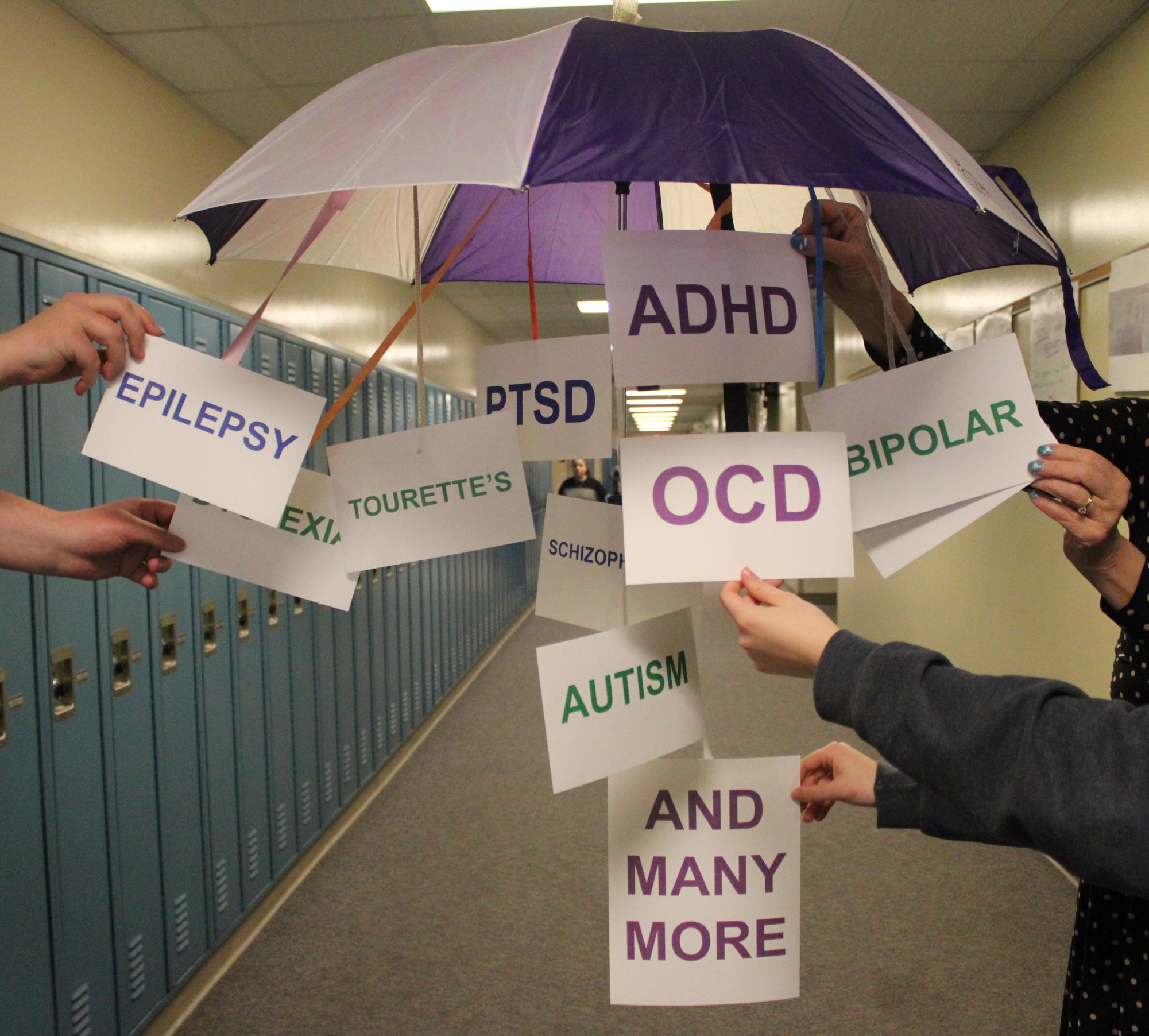
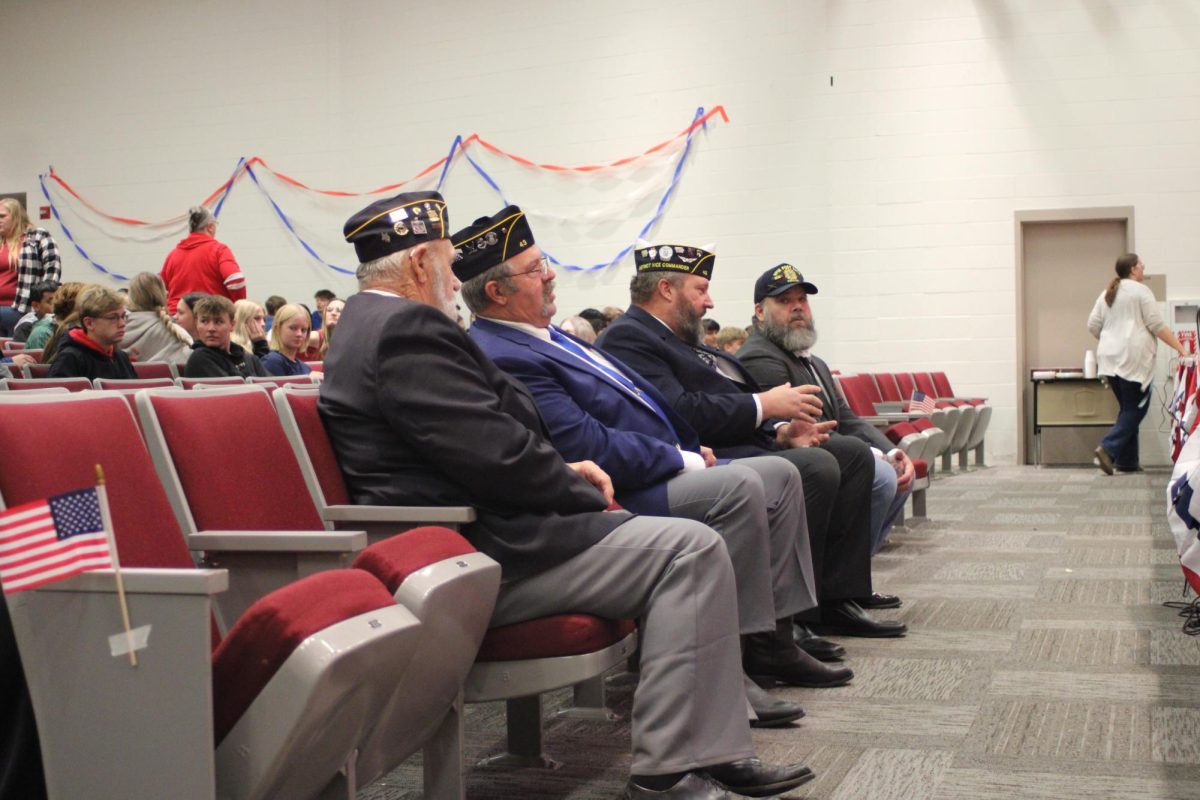

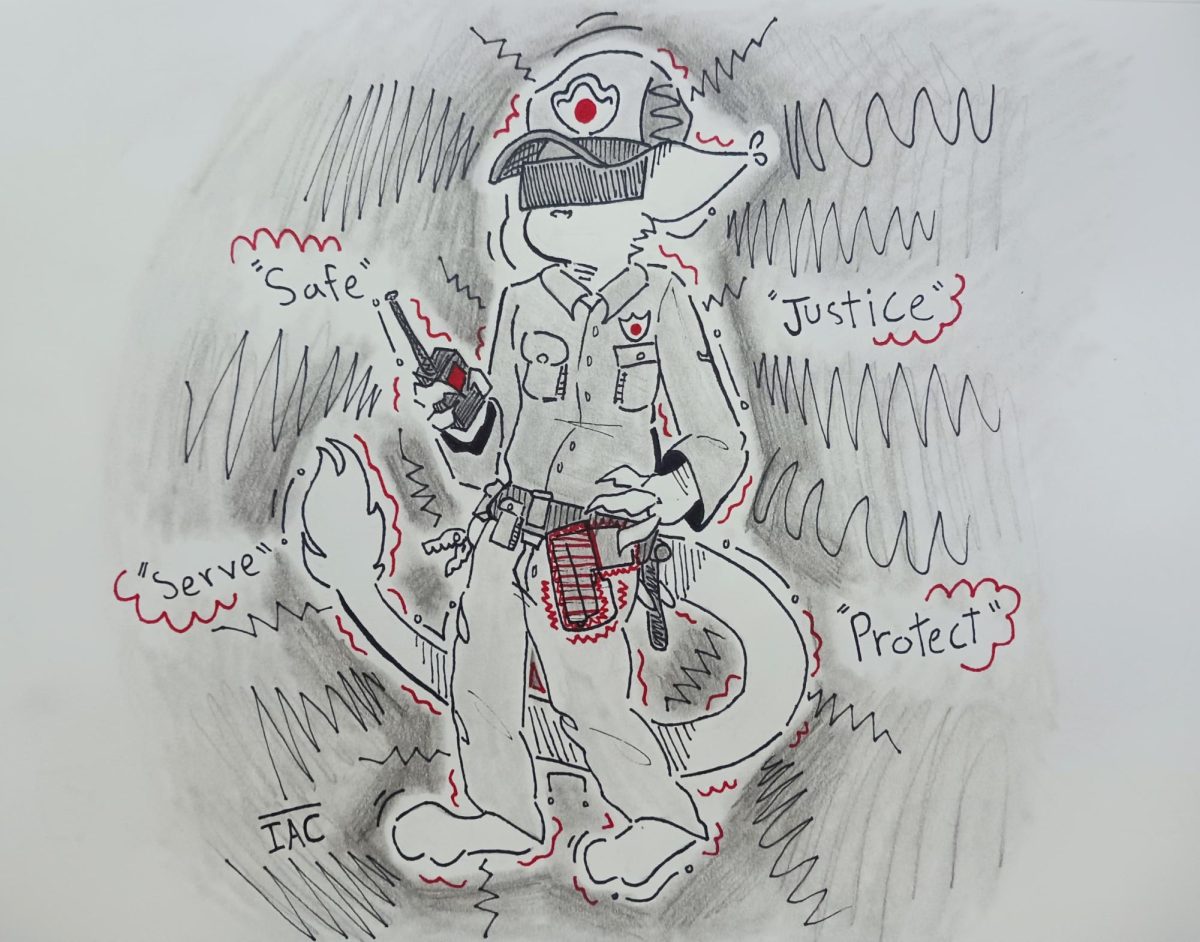
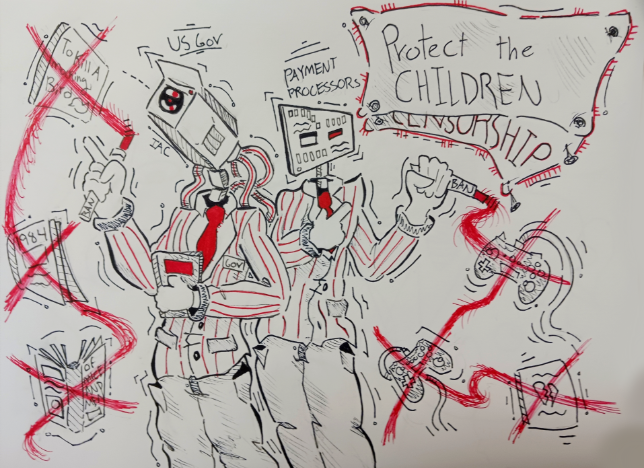
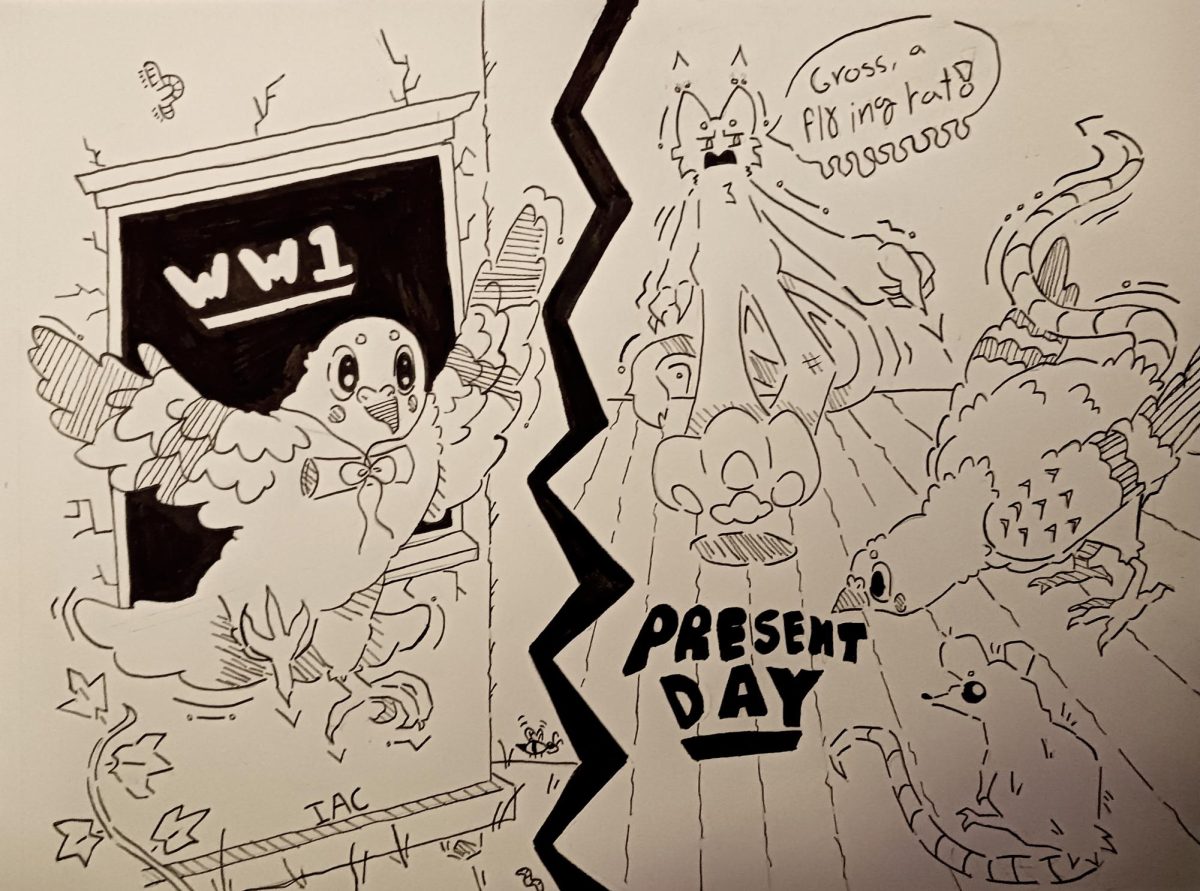
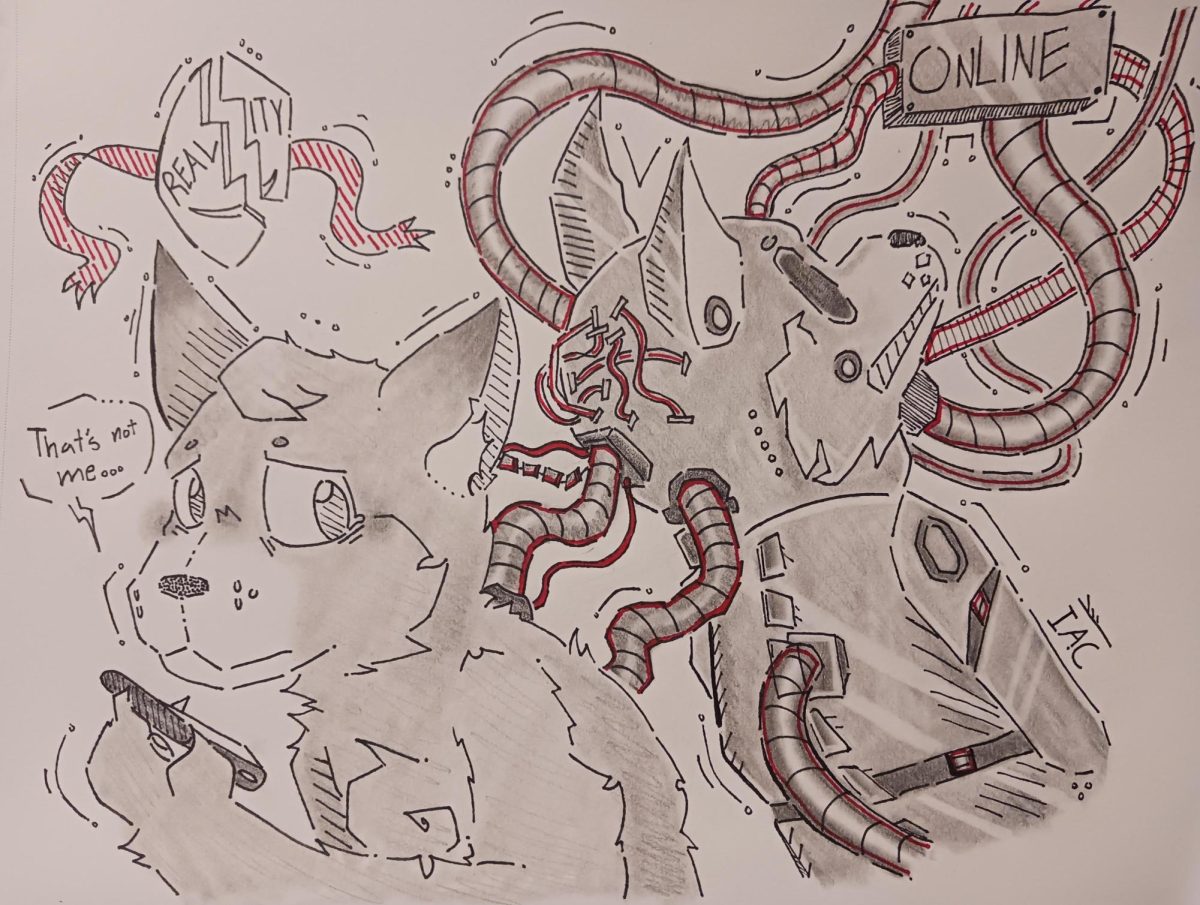
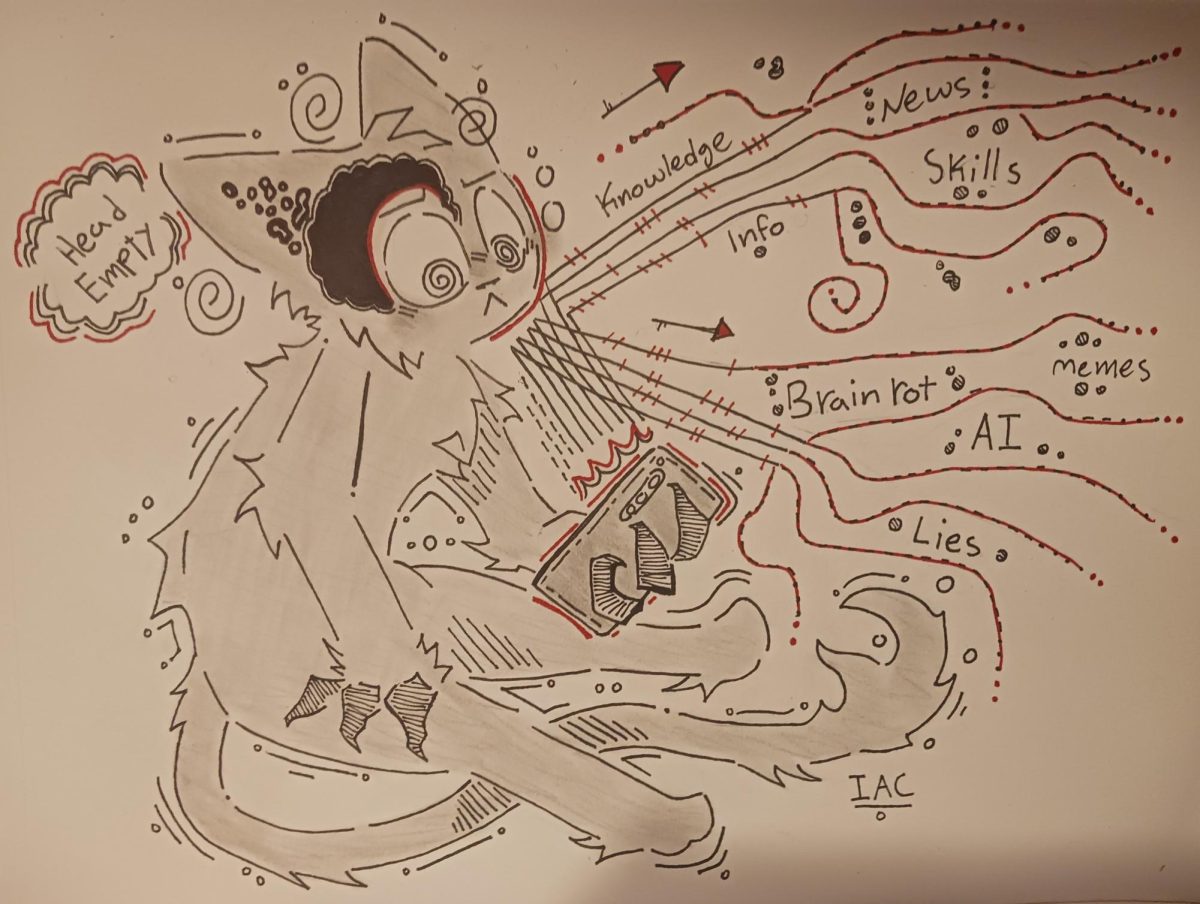
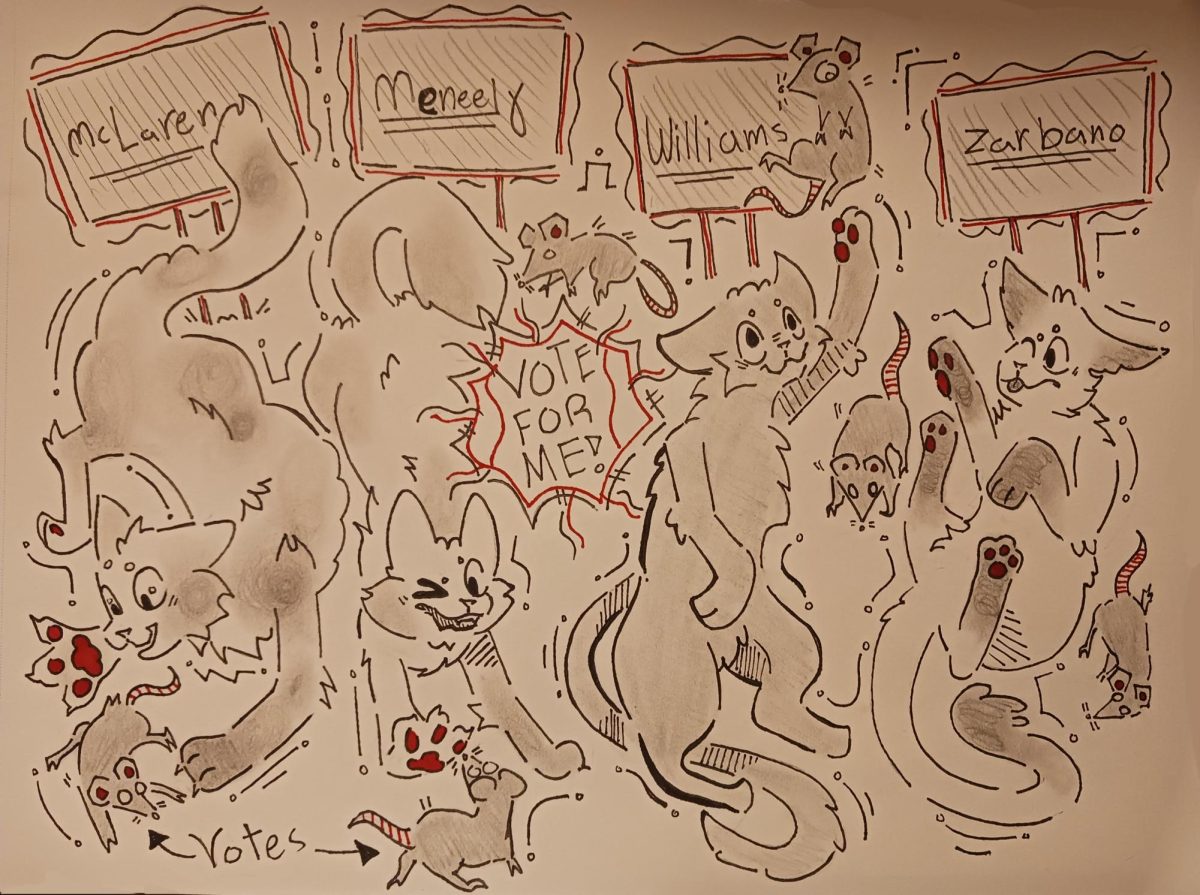

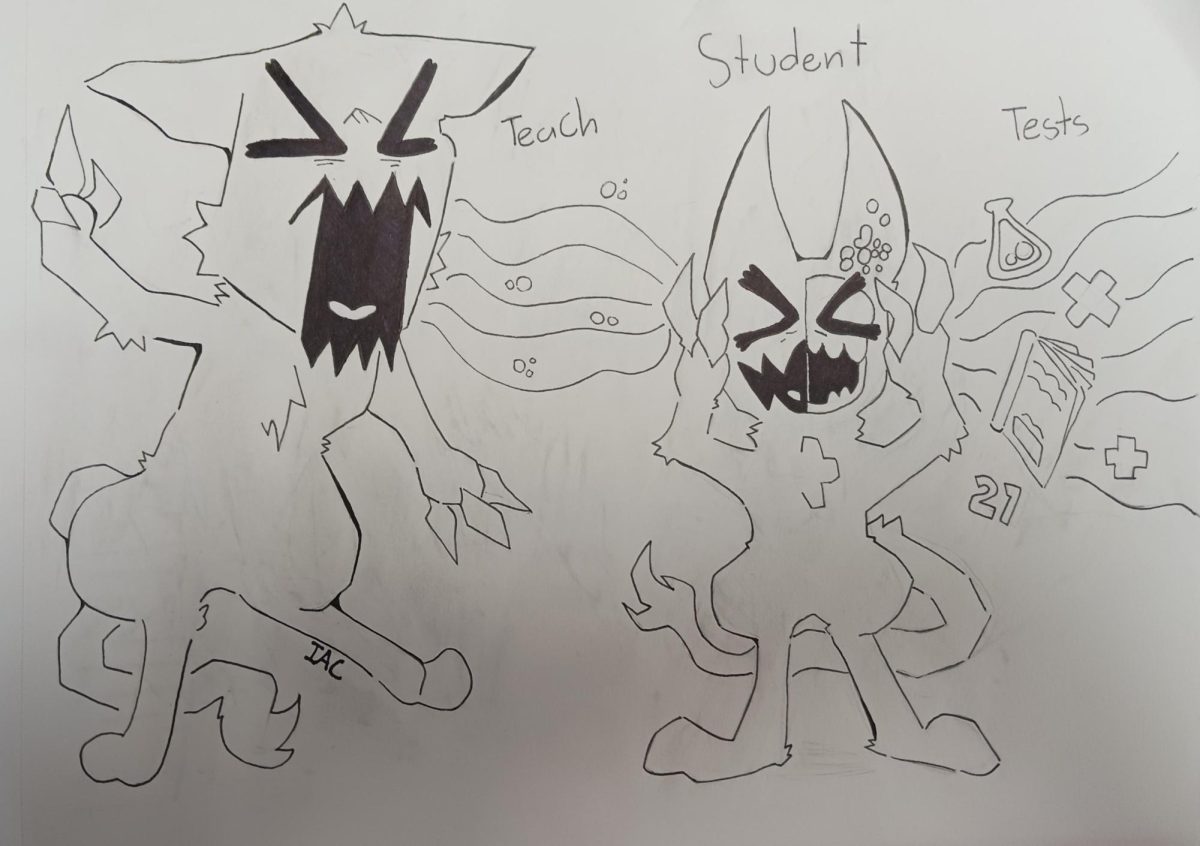

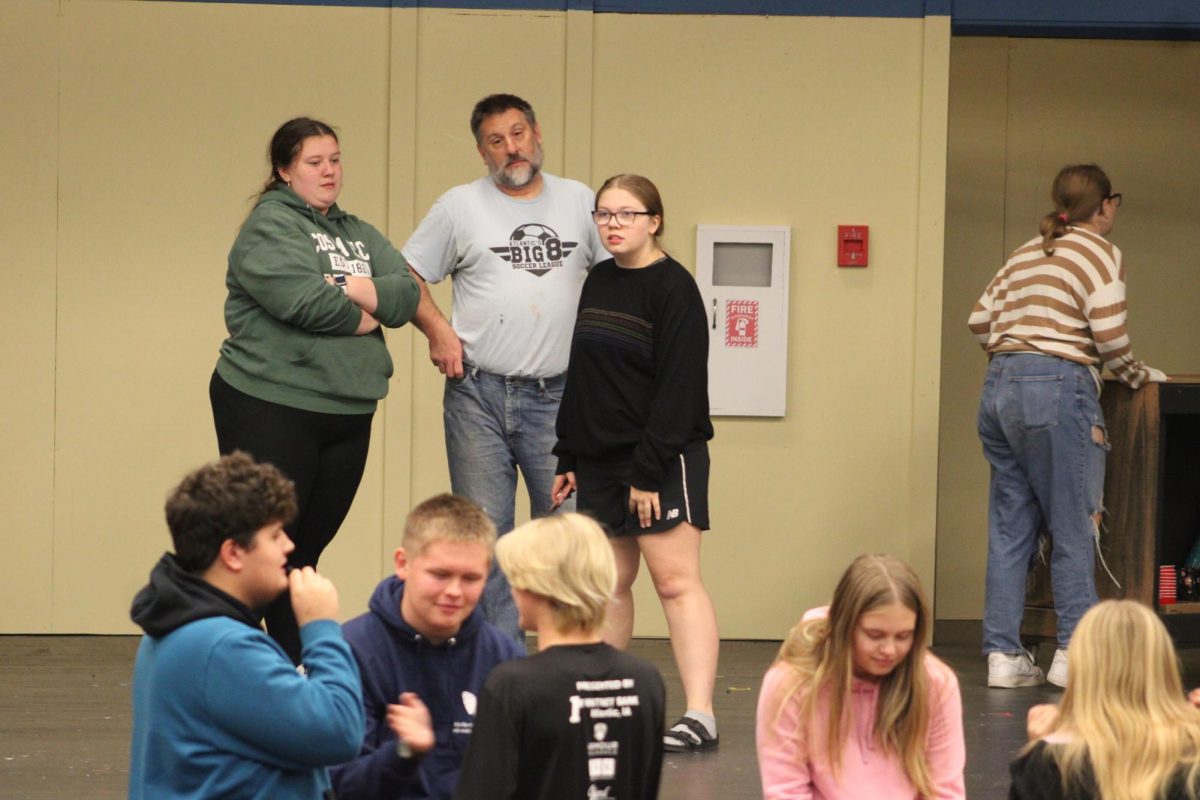
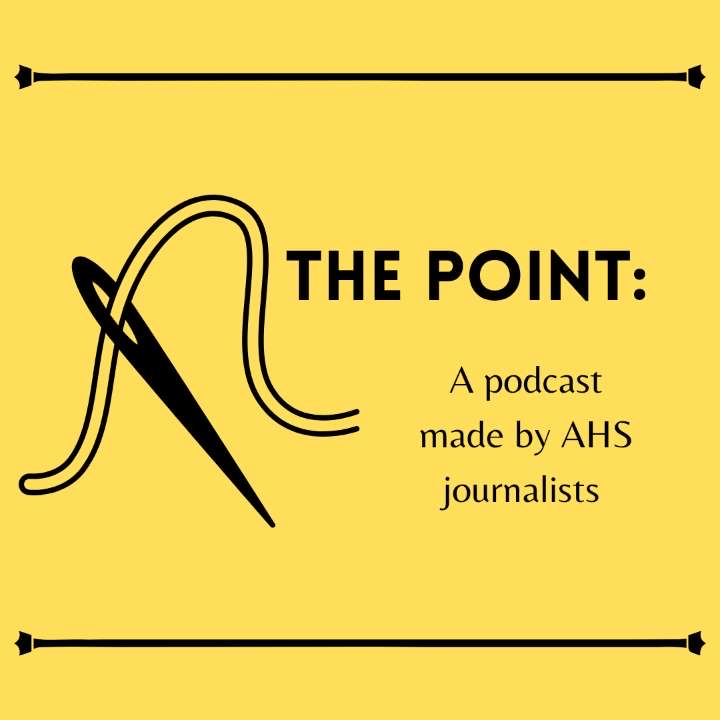
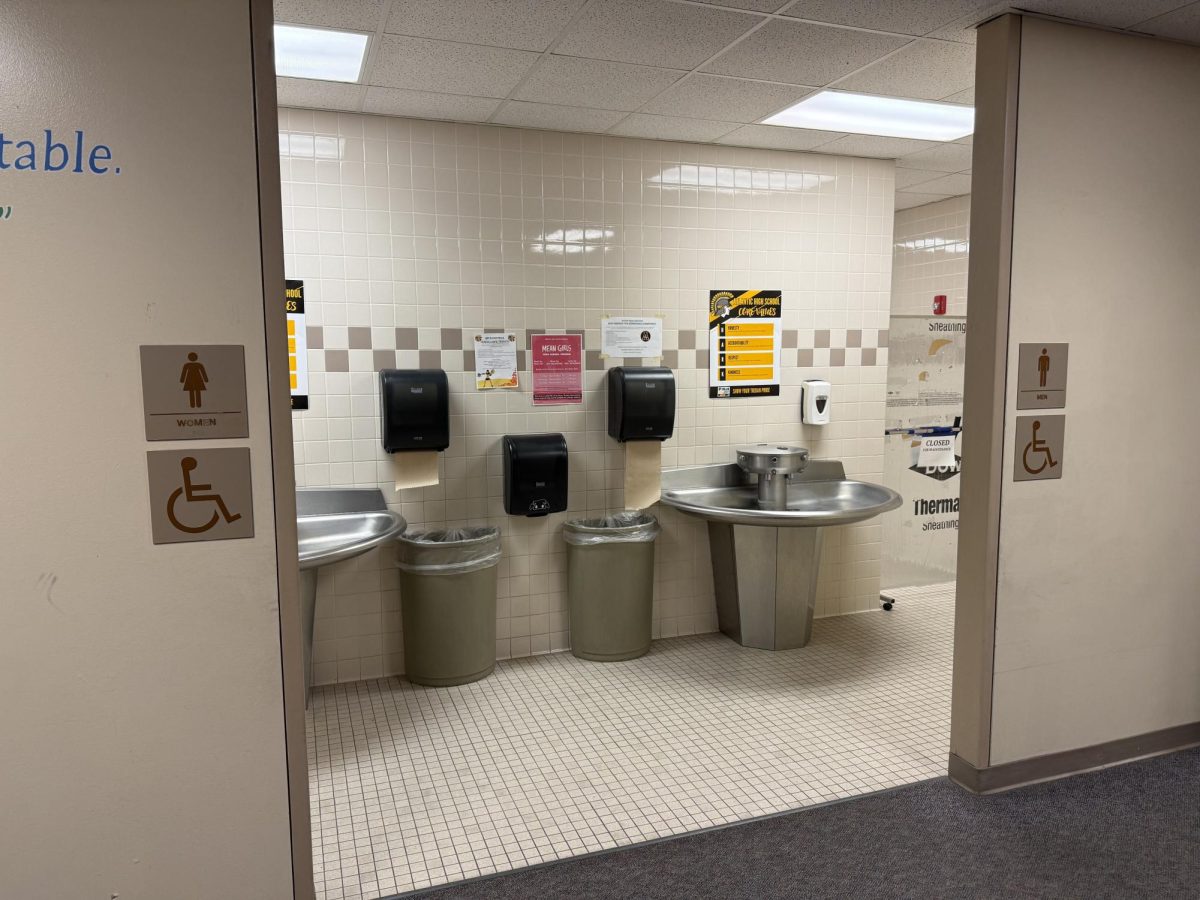
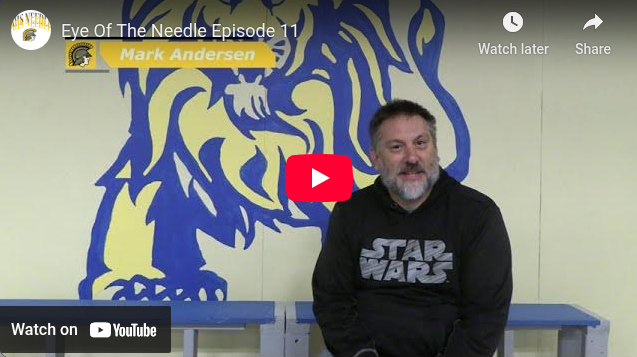
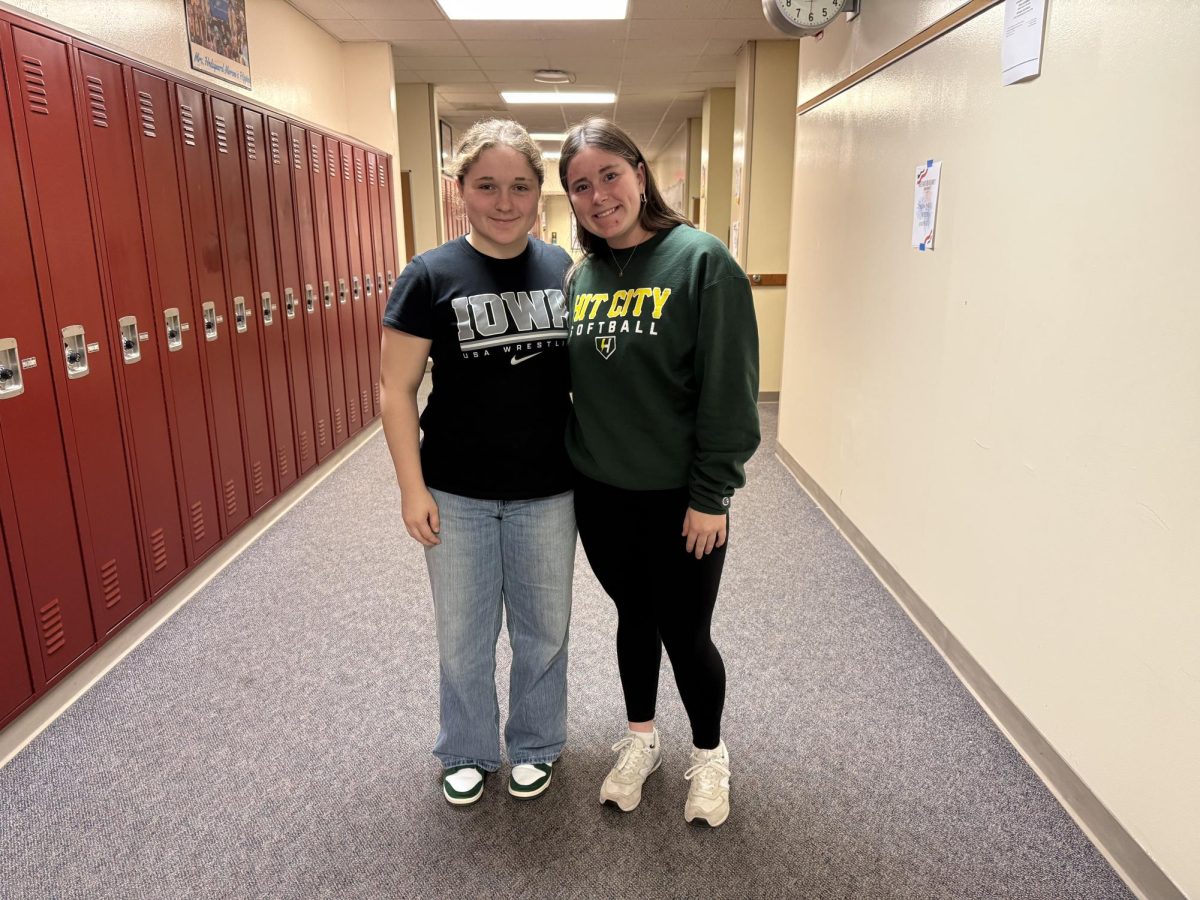

Tony Wrice • Sep 24, 2025 at 10:17 am
Dear Atlantic High School Team,
I recently had the pleasure of reading the article you published about neurodivergent students and the challenges they face—and I want to extend my sincere appreciation for your thoughtful and timely coverage of this important topic.
As a proud alumnus of Atlantic High School, I was deeply moved to see my hometown school shine a light on the experiences of neurodivergent individuals. For the past five years, I’ve had the privilege of coaching and mentoring students within the neurodivergent community at Beacon College in Central Florida. As you may know, Beacon is one of only two colleges in the country solely dedicated to educating neurodivergent students, and I witness every day the remarkable determination, creativity, and resilience they bring to their academic and personal journeys.
This year, I’m especially excited to be coaching students from Beacon who will be competing against their peers at a very high level in intercollegiate competitions. Their passion and perseverance never cease to inspire me. They face challenges that many others may never fully understand—yet they continue to show up, push through adversity, and redefine what success looks like.
Your article not only validated the lived experiences of many students but also sent a powerful message of inclusion and understanding. I want to commend you for promoting awareness and encouraging meaningful dialogue around neurodiversity. It’s through efforts like yours that we create more compassionate, informed, and supportive communities.
Thank you for your commitment to all students—and for being a beacon of understanding in the lives of those who need it most.
Warm regards,
Tony Wrice
Beacon College –Head Coach
Atlantic High School, Class of 1981